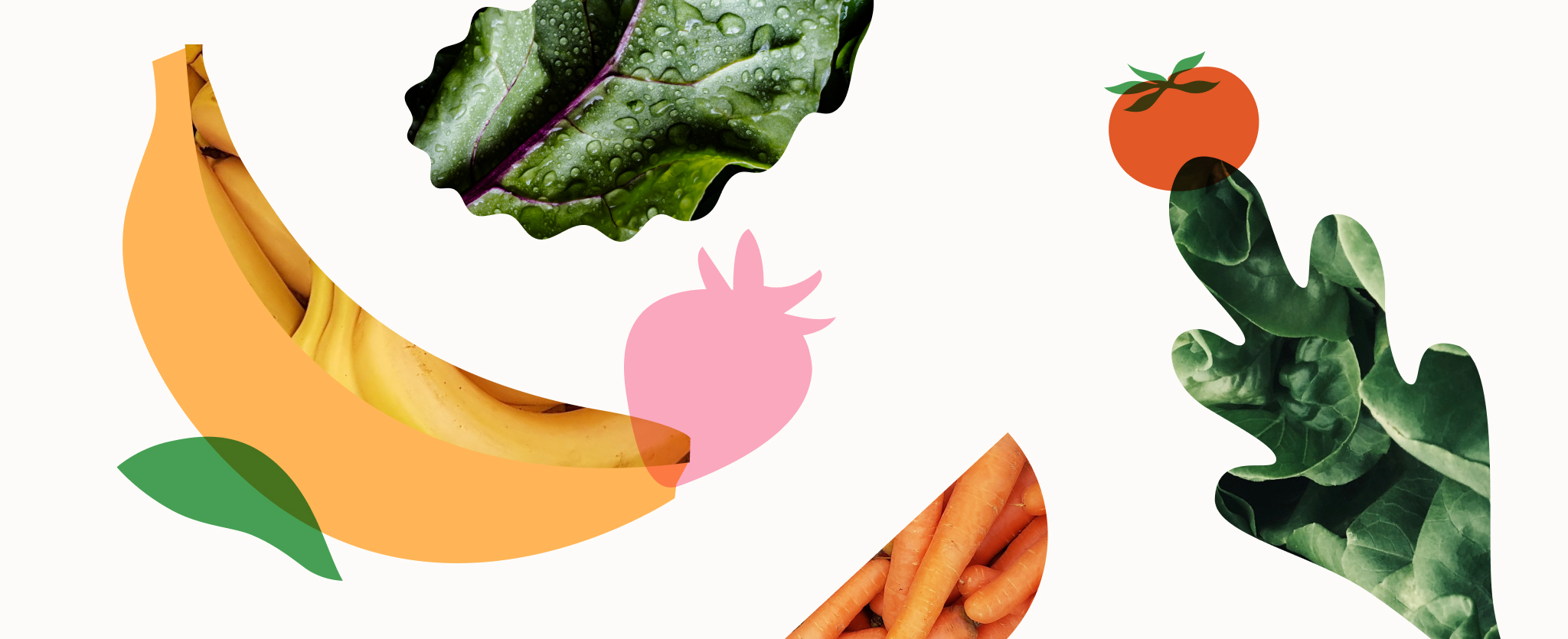Why Is Fiber so Important?


What is fiber?
Before we discuss what fiber is and how to incorporate more of it in your diet, we have to start with the basics: fiber is an incredibly important part of our digestive process. Why, you ask? Fiber is kind of like a food superhero. It helps move your food and food waste through your digestive tract, to support the digestive process.1
Our body digests and absorbs most of what we eat. Fiber, however, is not digested or absorbed, which helps move food through your digestive tract.
Three facts about fiber:
Fiber acts like a housekeeper and helps maintain your digestive tract
Fiber has amazing health benefits.
Fiber is found in plant foods.
Fiber acts like a housekeeper and helps maintain your digestive tract.
Most of the carbohydrates we consume are broken down in the body by human enzymes into a sugar molecule called glucose. But fiber is distinctly different — it’s a carbohydrate that is not digested by our own human enzymes, but it is able to be digested by our beneficial gut bacteria.. While this may sound confusing, fiber actually helps with the maintenance of gut health.2
One quality of some types of fiber is that it moves through the digestive tract and can take other food particles and waste with it as it goes. Put plainly, fiber helps you poop.
Fiber has amazing health benefits.
Fiber slows digestion, which helps blood sugar and keeps you full. Some types of fiber can form a gel in the digestive tract, slowing the absorption of sugars.3
Additionally, the slower your food digests, the longer you’ll feel full.
Fiber also supports a thriving gut by stimulating the growth of good bacteria. There are trillions of bacteria within the human body, the majority of which are found in the gut. The fiber molecules act as food for the good bacteria in your gut.4
Fiber is found in plant foods.
According to the Food and Drug Administration, adults should eat around 28 grams of fiber per day5, but most Americans fall short of that number. Jumping to 28 grams of fiber per day might seem like a large feat, but the list below can help you incorporate more fiber into your diet.
Here are some examples of foods that can boost your fiber intake: (approximate amounts)
Vegetables:
Artichokes, 1 artichoke has 10 grams of fiber
Yellow Peas, 1 cup has 8.3 grams of fiber
Broccoli, 1 cup has 2.4 grams of fiber
Kale, 1 cup has 2.6 grams of fiber
Spinach, 1 cup has 4.3 grams of fiber
Celery, 1 cup has 1.6 grams of fiber
Fruits:
Prunes, 1 cup has 12 grams of fiber
Raspberries, 1 cup has 8 grams of fiber
Avocado, ½ avocado has 7 grams of fiber
Pears, 1 medium unpeeled pear has 6 grams of fiber
Apple, 1 small unpeeled apple has 4 grams of fiber
Pumpkin, 1 cup of pumpkin puree has 7 grams of fiber
Cooked Legumes:
Lentils, 1 cup of has 16 grams of fiber
Black beans, 1 cup has 15 grams of fiber
Chickpeas, 1 cup has 10.6 grams of fiber
Nuts and Seeds:
Unshelled Pistachios, 1 cup has 13 grams of fiber
Chia seeds, 1 tablespoon has 5 grams of fiber
Whole Grains: (uncooked)
Rolled oats, ½ cup has 4 grams of fiber
Barley, ½ cup has 16 grams of fiber
Bulgar, ½ cup has 13 grams of fiber
Quinoa, ½ cup has 2.5 grams of fiber
What’s next?
Now that you’re in the know, try incorporating more fibrous foods into your recipes this week using the ingredients list above!
Here’s Kate Farms Overnight Oats recipe to give you some inspiration.
Bestsellers
Discover More
Learn more about our specialized products, read digestible articles, find community, and so much more.
Disclaimer, this is not medical advice. Please consult your healthcare professional for medical advice.
References:
Capuano E. The behavior of dietary fiber in the gastrointestinal tract determines is physiological effect. Critical Reviews in Food Science and Nutrition 2017; 57(16):3543-3564.
Centers for Disease Control and Prevention. Fiber: The Carb That Helps You Manage Diabetes. June 20, 2022.
Cronin P et al. Dietary fibre modulates the gut microbiota. Nutrients 2021; 13:1655.
National Library of Medicine. Dietary Fiber Modulates the Gut Microbiota. Cronin, Peter. Joyce, Susan A., O’Toole, Paul W., et al. 2021.
FDA, Interactive Nutrition Facts Label, Dietary Fiber. October 2021.








